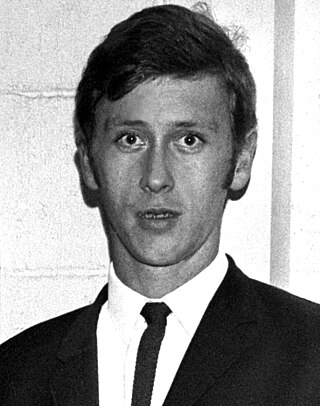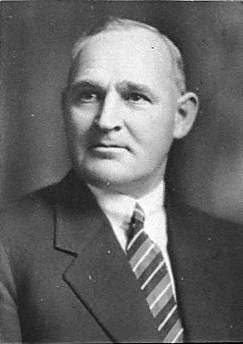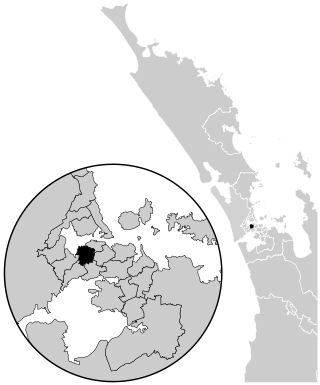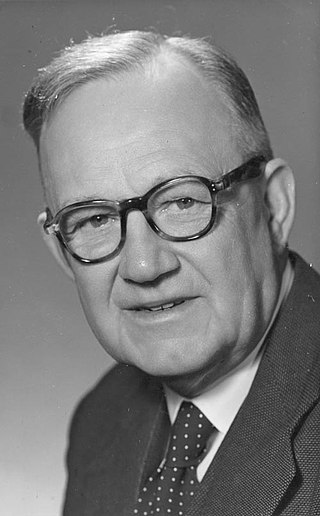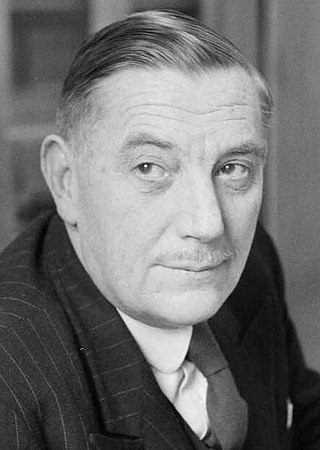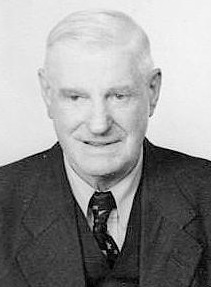New Zealand Parliament
Phil Holloway | |||||
|---|---|---|---|---|---|
 | |||||
| 21st Minister of Industries and Commerce | |||||
| In office 12 December 1957 –12 December 1960 | |||||
| Years | Term | Electorate | Party | ||
| 1954 –1957 | 31st | Heretaunga | Labour | ||
| 1957 –1960 | 32nd | Heretaunga | Labour | ||

He stood in the 1946 election in the Manawatu electorate, but was defeated by the incumbent, Matthew Oram of the National Party. [4] At the 1947 local-body elections he stood unsuccessfully for the Wellington City Council on a Labour ticket (along with all other Labour candidates). [5] In the 1951 election, he unsuccessfully stood in the Otaki electorate. [6]
He represented the Heretaunga electorate from 1954 to 1960, when he retired. [7] He was both Minister of Industries and Commerce and Minister for Science and Industrial Research from 1957 to 1960 in the Second Labour Government. [8] In that role, he was involved in the negotiations with Australia and eventually led to a free trade agreement. [1] Holloway initiated several capital works initiatives to improve New Zealand's manufacturing capacity. He oversaw the construction of the Tiwai Point Aluminium Smelter, the Marsden Point Oil Refinery and New Zealand Steel's mill at Glenbrook. Another, a cotton mill in Nelson, was cancelled after National won the 1960 election. [2]
Holloway had one of the largest majorities of any member of Parliament when he surprisingly decided he would not seek re-election in the 1960 election. By then he was disillusioned by politics and rationalised his unexpected departure stating there is "only so much one could do in politics". [2]
Looming over his retirement, was the fact he had been involved in a very public stoush due to a libel case. In Truth (NZ) Ltd v Holloway, he sued the tabloid newspaper New Zealand Truth for libel after an article in its 24 March 1959 issue which featured an article "This Ex-Russian's Export Licences Should Be Investigated" which demanded an immediate government inquiry into dealings between Henry Judd, an émigré importer, and Warren Freer, Labour MP for Mt Albert. It quoted the importer as saying he had an ease-of-passage remedy for controlled imports, stating: "See Phil, and Phil will fix it", and reported that the reference was to Holloway who as Minister of Industries and Commerce was in charge of import controls. Holloway vehemently denied the suggestion and sued the paper for libel and sought £15,000 in damages. The nation was gripped by the trial which focused heavily on the derivations and meanings of the word "fix". The defence led by Robin Cooke took appeals all the way to the Privy Council in London. The court case that lasted 14 months, and eventually he was awarded £11,000 in damages and a further £800 in costs, a record sum for the times. [2]
Holloway's early retirement also had other reasons. He wrote to Prime Minister Walter Nash early in 1960 to inform him he would not be standing again. Privately he lamented the fact that neither caucus or party member meetings had energy or enthusiasm any more. In the letter Holloway remarked that he thought Labour's party organisation was "pathetically weak" and that the future of both the party and the government was "not bright until there is a re-assessment of our [Labour's] policy and objectives, and also a re-vitalizing of our organisation". [9]

